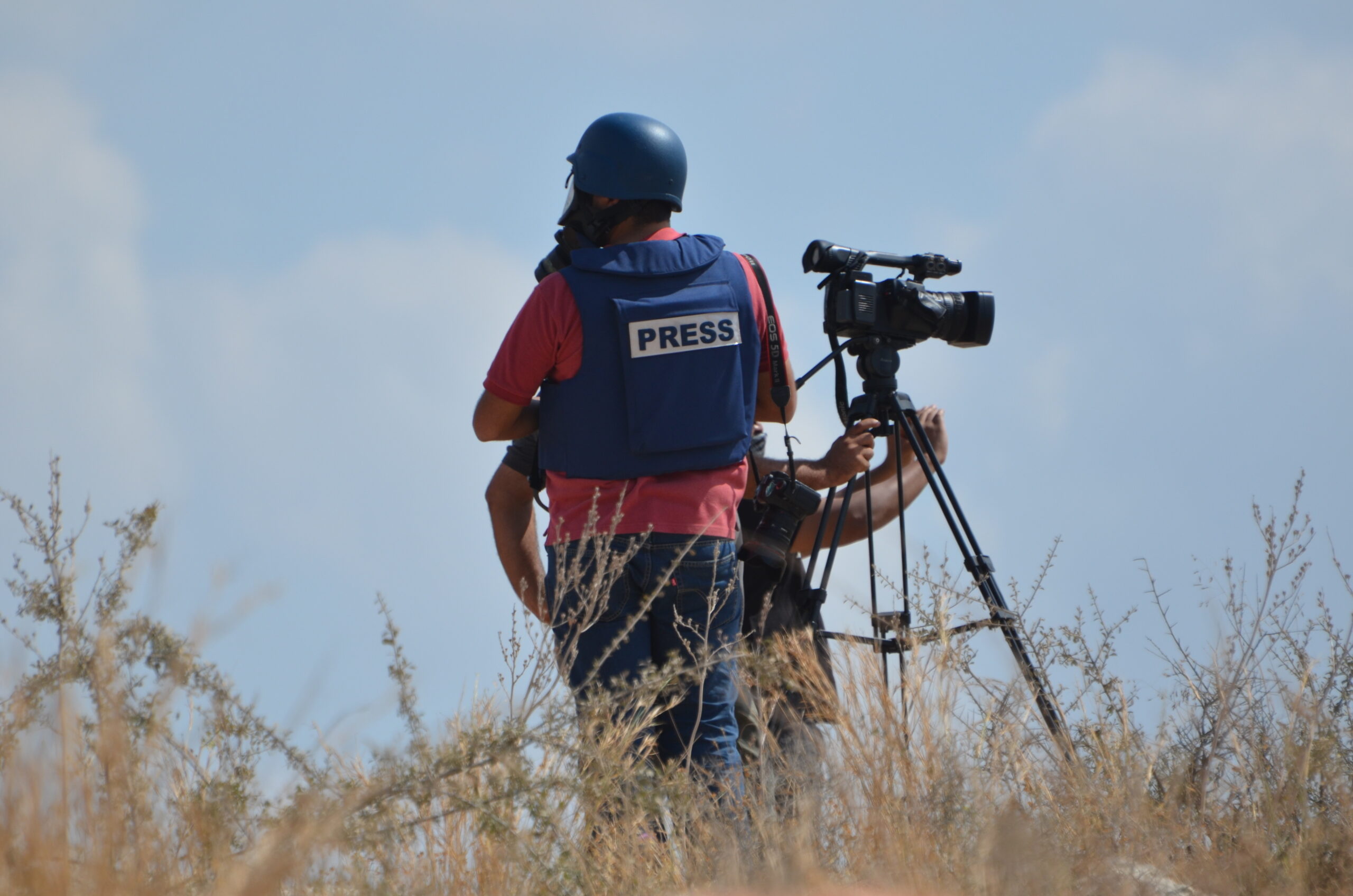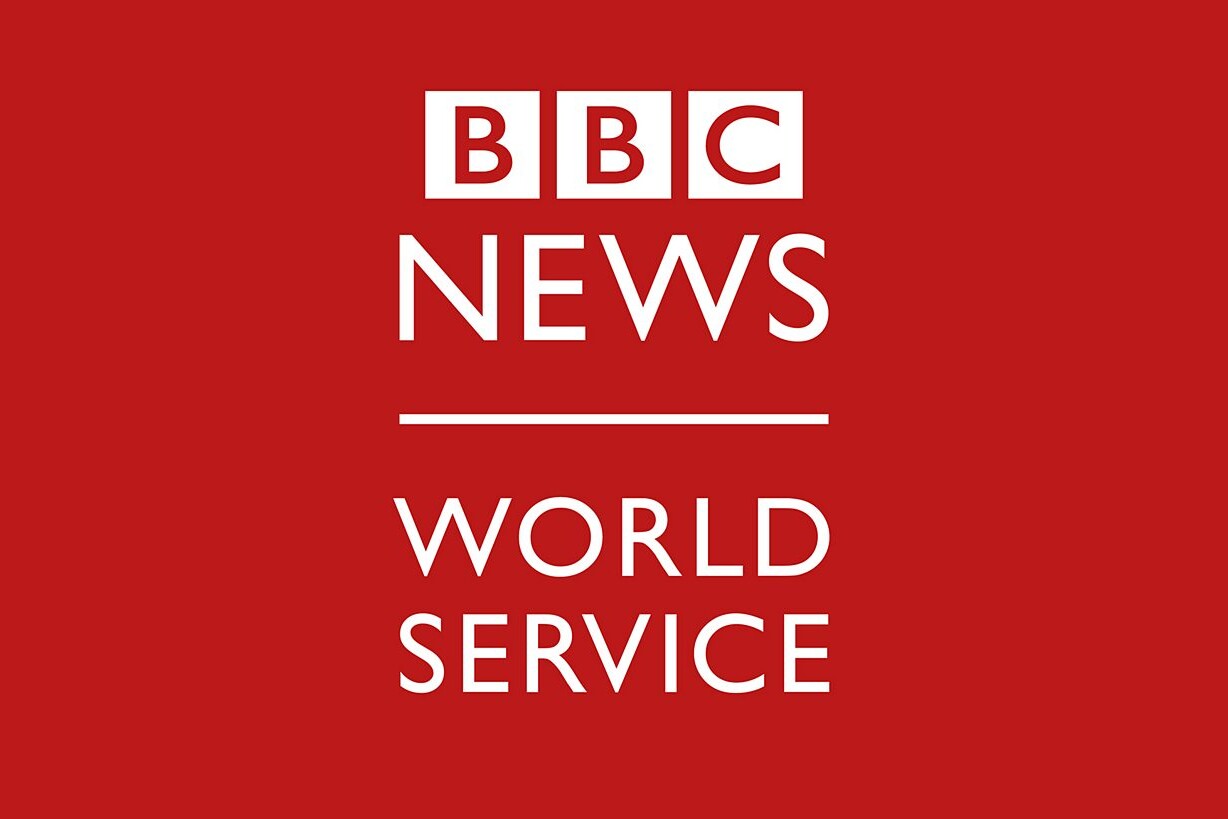STATEMENT
International Day to End Impunity for Crimes Against Journalists 2023
2nd November 2023
As a deadly conflict claims over thirty journalists’ lives in the Middle East, the need to protect journalists and hold perpetrators to account has never been more important.

The four weeks of conflict between Israel and Hamas have been the most deadly for journalists since the Committee to Protect Journalists (CPJ) started collecting data in 1992. 33 journalists have been killed, CPJ reported, while eight journalists are injured, and nine are missing or detained.
They include journalists such as Rushdi Sarraj, who worked for Radio France Internationale and the ABC, and Reuters journalist Issam Abdallah.
The UN’s International Day to End Impunity for Crimes Against Journalists is designed to remind everyone of the need to uphold international law, protect journalists during conflict, and bring perpetrators to account when crimes against journalists are committed.
Read more: Deadly month for journalists in a shakier world (Cilla Benkö – Insight)
Journalists currently in Gaza cannot rely on such standards to be upheld, facing risks of attack from both sides. Swedish Radio’s correspondent in Gaza, Sami Abu Salem, has removed the press logo from his car, “in fear of being targeted by bombers and angry local officials,” said Swedish Radio’s CEO, Cilla Benkö.
What is currently occurring in Gaza and Israel is rightly occupying much space in the news ecosystem. But it is a major example of the scale of threats and attacks towards journalists. Other conflicts in Ukraine and Sudan demonstrate the active risk of war reporting for journalists.
Meanwhile, intimidation tactics and threats against journalists are also going unpunished. In some cases, such threats are state-sponsored, as in the case of the BBC Persian staff who told The Guardian they are being targeted by Iranian authorities, while families back home are being persecuted and attacked.
In other places, extrajudicial killings of journalists have been carried out with no consequence. Syria, Somalia, and Haiti were the top three countries where the perpetrators of violence against journalists were most likely to escape justice, according to CPJ’s Global Impunity Index.
Subscribe toour newsletter
Keep updated with the latest public
media news from around the world
The risk to life is more pressing and real for the local journalists. International correspondents – although at risk – are offered relative safety compared to the local fixers, freelancers and journalists they work alongside. “Foreign correspondents like me have the privilege of getting on a plane and going home,” wrote BBC correspondent, Fergal Keane. “The memories of war might follow but we at least have physical safety as do the people we love.”
It is imperative that public media advocates and demands for the justice on the behalf of those on their payroll. The price of impunity is the freedom to report, to fact check, that keeps people safe, let alone the lives that are destroyed in the process.
Globally, the failure to bring justice is an epidemic. In the decade since the UN first declared 2 November to be the International Day to End Impunity for Crimes Against Journalists, 78% of all journalist murders have gone unpunished.
A consequence of such unpunished crime is the silencing and censoring of journalists. Journalism is a critical check on the often-unchecked power of authorities, individuals, or corporations. Without a free press able to carry out its role as the Fourth Estate – in the knowledge there will be justice if crimes against them are perpetrated – it becomes much harder for journalists to report the stories audiences need to keep informed.
Related Posts
1st November 2023
BBC World Service announces Emergency Radio Service for Gaza
The programme will provide the latest…


